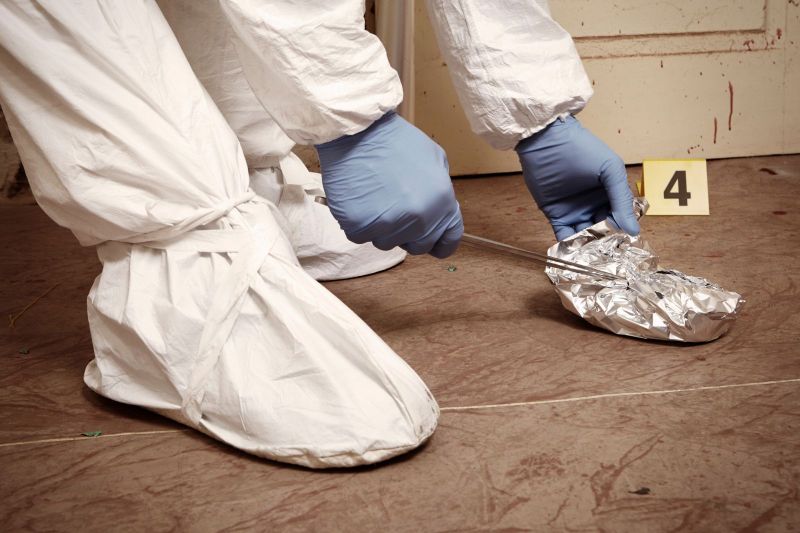Biohazard cleanup is a critical aspect of maintaining public health and safety. Whether it's dealing with hazardous materials, crime scenes, or infectious diseases, proper handling and disposal of biohazards are essential to protect both individuals and the environment. In this blog, we will explore the importance of biohazard cleanup and discuss the necessary precautions to ensure the safety of cleanup personnel and the general public.
Understanding Biohazards
Biohazards are biological materials that pose a threat to human health or the environment. These include blood, bodily fluids, tissues, bacteria, viruses, and other infectious agents. Biohazards can be present in crime scenes, accidents, natural disasters, medical facilities, and even in our day-to-day lives. When not handled properly, these materials can lead to the spread of infectious diseases, contamination of water sources, and environmental pollution.
The Importance of Proper Cleanup
Effective biohazard cleanup is crucial for several reasons:
- Health Protection: Exposure to biohazards can lead to severe health risks, including infections, respiratory problems, and skin irritations. Proper cleanup minimizes the risk of contamination and ensures the safety of individuals in the affected area.
- Preventing Disease Transmission: In the case of infectious diseases, biohazard cleanup plays a vital role in preventing the spread of pathogens. Timely and thorough cleanup can significantly reduce the chances of an outbreak.
- Legal Compliance: Various local, state, and federal regulations govern biohazard cleanup. Failure to adhere to these guidelines can result in legal consequences. Professional biohazard cleanup companies ensure compliance with all relevant regulations.
- Environmental Protection: Biohazards, if not disposed of correctly, can seep into the soil and water, causing environmental damage. Proper cleanup helps prevent pollution and protects ecosystems.
Precautions for Biohazard Cleanup Personnel
Biohazard cleanup is a hazardous task that requires specialized training and equipment. Professionals handling biohazards must take the following precautions to safeguard themselves and others:
- Personal Protective Equipment (PPE): Cleanup personnel must wear appropriate PPE, including gloves, goggles, face shields, protective suits, and respirators. This equipment creates a barrier between the individual and the hazardous materials, reducing the risk of exposure.
- Training and Certification: Only trained and certified individuals should handle biohazard cleanup. Proper training ensures that personnel know the correct procedures and safety measures.
- Disinfection and Decontamination: Thorough disinfection and decontamination of affected areas are crucial to remove any traces of biohazards. Specialized cleaning agents and techniques should be employed to ensure a safe environment.
- Safe Disposal: Biohazardous waste must be properly contained and disposed of according to regulations. Improper disposal can lead to severe consequences for public health and the environment.
- Medical Evaluation: Cleanup personnel should undergo regular medical evaluations to monitor their health and detect any potential exposure-related issues.
Responsibilities of Property Owners and Managers
In cases where biohazard cleanup is necessary on private property or commercial establishments, property owners and managers play a vital role in ensuring safety:
- Prompt Reporting: Property owners or managers must report biohazard incidents immediately to appropriate authorities and professional cleanup services.
- Restrict Access: Contaminated areas should be cordoned off to prevent unauthorized access, reducing the risk of exposure to others.
- Cooperation with Cleanup Teams: Property owners should cooperate fully with biohazard cleanup teams, providing necessary information and access to the affected areas.
Biohazard cleanup is not a task to be taken lightly. It requires professional expertise, adherence to safety protocols, and a commitment to protecting public health and the environment. By understanding the risks involved and implementing proper precautions, we can ensure that biohazard cleanup protects both those involved in the process and the wider community. Whether it's in response to an accident, crime scene, or disease outbreak, timely and thorough biohazard cleanup is an essential step in safeguarding ourselves and others from potential harm.

